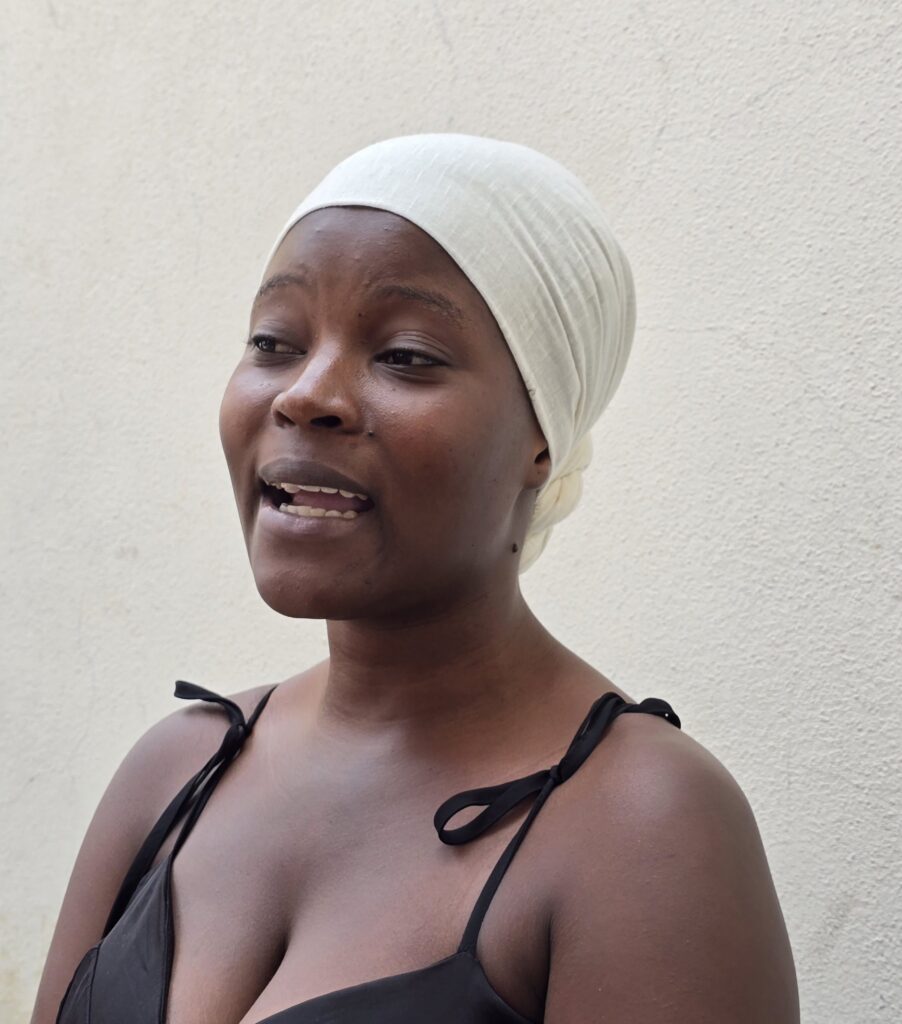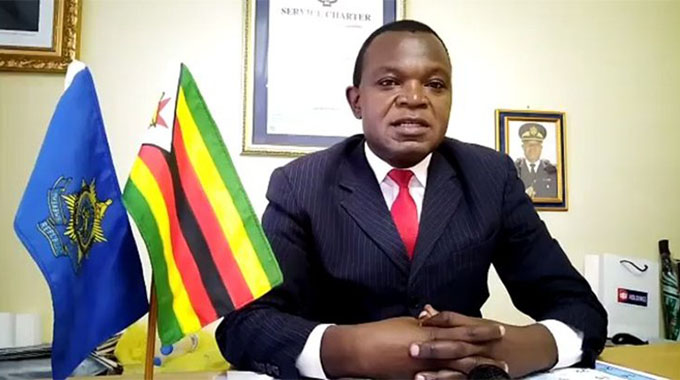Trump Suspends Visas for New Harvard International Students, Citing National Security and Campus Extremism
Written by Skyz Metro FM on June 5, 2025
5 June 2025
Charity Chikara
President Donald Trump signed a sweeping proclamation Wednesday suspending the issuance of student visas for newly admitted international students at Harvard University, intensifying a months-long conflict between the White House and the nation’s oldest university.
According to international reports, the proclamation blocks entry into the U.S. for new students under F, M, and J visas the primary visas used for academic study and exchange programs. It also directs the Secretary of State to “consider revoking” visas for current international students at Harvard who meet unspecified “criteria,” according to a White House statement.
“This is a national security decision,” the statement read. “Harvard has concerning foreign ties and radicalism on campus, and it has repeatedly failed to provide sufficient information about its international students or enforce proper oversight.”
The administration claims Harvard is not fully reporting conduct and disciplinary records for its international student population, or is not seriously monitoring those students. Officials also accuse the university of failing to address rising antisemitism and of doubling down on “divisive and discriminatory” diversity, equity, and inclusion (DEI) programs.
“Harvard’s conduct has rendered it an unsuitable destination for foreign students and researchers,” the proclamation states.
The move has sent shockwaves through the academic community. International students make up approximately 27% of Harvard’s student body, many of whom now face uncertainty over their ability to remain in or enter the country. The proclamation applies solely to Harvard and exempts individuals whose entry is deemed in the “national interest.” Other U.S. institutions operating under the Student and Exchange Visitor Program (SEVP) are not affected.
Harvard responded swiftly, calling the action an unlawful and politically motivated attack. “This is yet another illegal retaliatory step taken by the Administration in violation of Harvard’s First Amendment rights,” a university spokesperson said in a statement to CNN. “We will continue to protect our international students.”
The administration’s order comes just days after U.S. District Court Judge Allison Burroughs indefinitely blocked a prior attempt by the Trump administration to revoke Harvard’s SEVP certification. That legal battle began after Homeland Security Secretary Kristi Noem directed her department to terminate Harvard’s certification, citing the university’s refusal to hand over international student conduct records requested in April.
The university argues that the administration failed to follow its own legal process for removing an institution from the SEVP program. In court filings, Harvard described the revocation effort as “clear retaliation” for the university’s refusal to comply with what it called ideologically driven policy demands.
The White House has taken an increasingly aggressive stance toward Harvard and other elite universities amid nationwide campus protests over the Israel-Hamas war. Officials have tied foreign students and staff to these demonstrations and have accused universities of enabling extremism. On March 31, Trump officials sent a letter to Harvard stating they would review all of the university’s federal contracts and grants — totaling roughly $9 billion.
Since then, the White House has frozen $2.2 billion in federal funding and cut another $450 million in grants, citing noncompliance. The administration has also raised the possibility of revoking Harvard’s tax-exempt status.
In parallel, the Department of Education has warned colleges and universities of consequences if they fail to adequately protect Jewish students. Separately, the administration declared Columbia University out of compliance with accreditation standards for similar reasons.
The proclamation gives the Attorney General and the Secretary of Homeland Security 90 days to evaluate whether the suspension should be extended beyond its initial six-month period. In the meantime, thousands of international students current and prospective remain in limbo, caught in a political battle that shows no signs of cooling.





 Skyz Metro FM
Skyz Metro FM